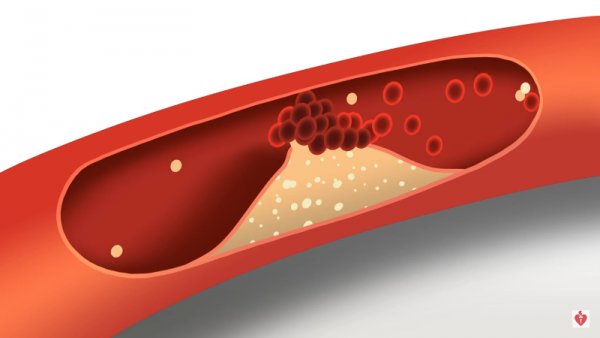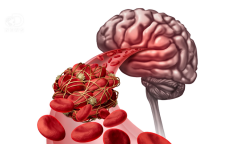By KM Diaz, | April 22, 2017

Researchers have discovered that patients suffering from Conn's syndrome also produce an excessive amount of a stress hormone called cortisol. (YouTube)
Researchers have identified "Connishing Syndrome" as a new cause of high blood pressure.
High blood pressure or hypertension often goes unrecognized. If left untreated, the risk for heart attack and stroke increases. The study predicts that one out of four adults are suffering from this disease, yet most them have unknown causes.
Like Us on Facebook
However, about 10 percent of patients with hypertension were known to have excess production of adrenal hormone aldosterone - a condition known as Conn's syndrome or primary aldosteronism - that could cause the disease. Now, researchers from the University of Birmingham has made an important discovery have identified that patients suffering from Conn's syndrome also produce an excessive amount of a stress hormone called cortisol.
Professor Wiebke Arlt, director of the Institute of Metabolism and Systems Research (IMSR) at the University of Birmingham, said that their findings explains that patients with Conn's syndrome may also manifest a disorder named Cushing syndrome - associated with too much cortisol. Depression, type 2 diabetes, and osteoporosis increases with Conn's patients. These conditions are typically caused by excessive cortisol.
The group of scientists from Germany along with the researchers from the University of Birmingham decided to name the new cause of high blood pressure as Connshing syndrome - the combination of Conn's and Cushing Syndrome.
In the past, Conn's syndrome patients were never monitored for the excess production of other hormones. Most of them were only treated with drugs against the harmful effects of aldosterone, but not with the overproduction of cortisol.
Katharina Lang, the second author of the study, says that this clinical application will likely to change after the significant result of the findings. Patients need to undergo an additional assessment to recognize whether they are suffering from Connshing or Conn's syndrome.
Lang further added that researchers must also examine if treating Connshing patients with an additional drug that prevents excess cortisol will enhance the health outcomes.
-
Use of Coronavirus Pandemic Drones Raises Privacy Concerns: Drones Spread Fear, Local Officials Say

-
Coronavirus Hampers The Delivery Of Lockheed Martin F-35 Stealth Fighters For 2020

-
Instagram Speeds Up Plans to Add Account Memorialization Feature Due to COVID-19 Deaths

-
NASA: Perseverance Plans to Bring 'Mars Rock' to Earth in 2031

-
600 Dead And 3,000 In The Hospital as Iranians Believed Drinking High-Concentrations of Alcohol Can Cure The Coronavirus

-
600 Dead And 3,000 In The Hospital as Iranians Believed Drinking High-Concentrations of Alcohol Can Cure The Coronavirus

-
COVID-19: Doctors, Nurses Use Virtual Reality to Learn New Skills in Treating Coronavirus Patients










